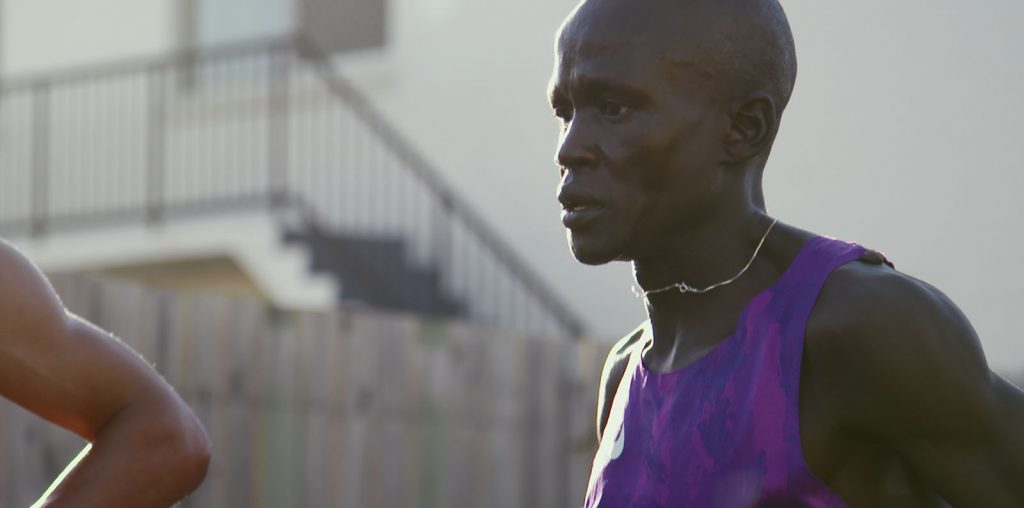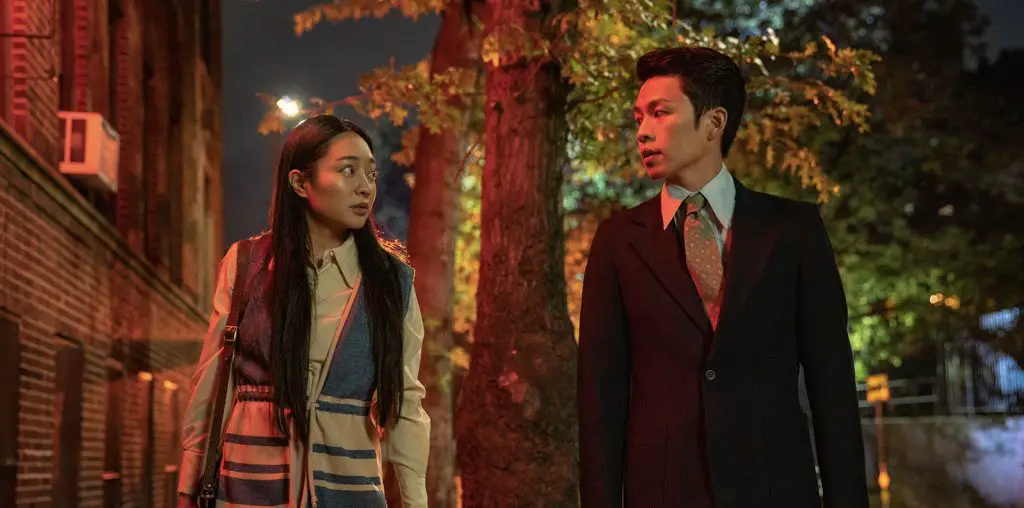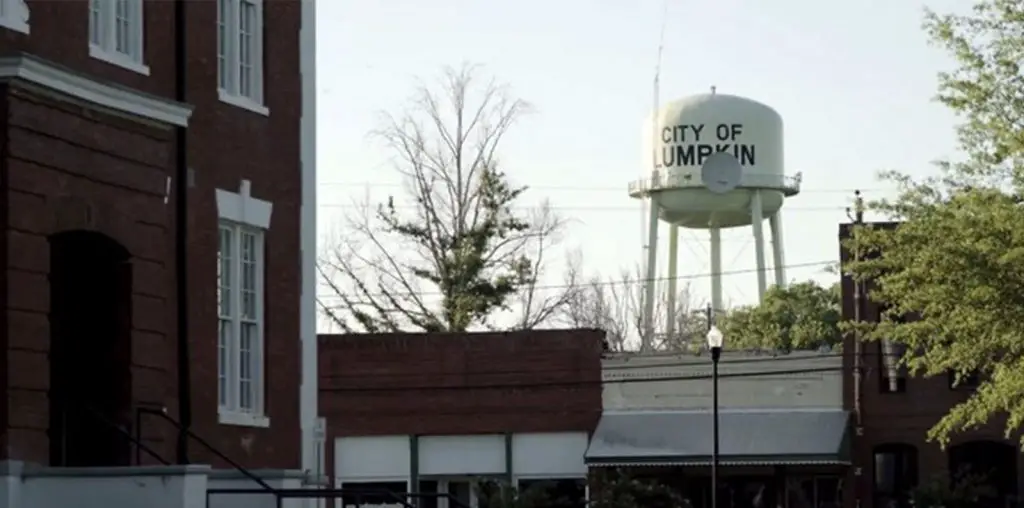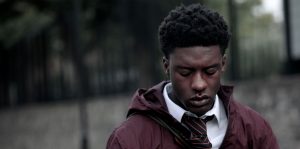
The Last Tree takes us right in the middle of Femi’s inner conflict, his anger manifesting toward his mother for pulling him out of foster care, his inability to defend a classmate, and aligning with a gang for survival. Femi has to fight giving up, reach for fleeting glimmers of hope of what could be, and come face-to-face with the father who abandoned him as an infant.
But the hard life in London is only part of the story. Femi’s primary turmoil comes from what his Nigerian heritage means to him. It’s this struggle that every immigrant goes through. “Where is my home?” is a thought that crosses their mind often. Femi lives in London by necessity and not by choice. He’s lived his life as an outsider, and as much as his British counterparts try to make him feel welcome, this is Femi’s problem to solve.
Femi’s story in The Last Tree has no easy answers, and writer/director Shola Amoo doesn’t provide any. The story is less about producing a “happily ever after” ending and more about getting audiences to empathize with the immigrant story. We feel for Femi because Amoo brilliantly brings us into his emotional state through subtle camera imagery and trickery. At times, the dialogue is muffled, and a fish-eye shot on Femi evokes his disassociation during potentially traumatic situations. Coupled with Adewunmi’s performance makes this effect work as intended.
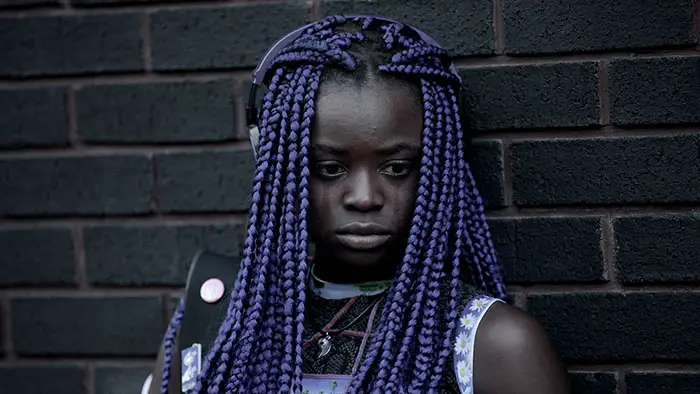
“…Amoo brilliantly brings us into Femi’s emotional state through subtle camera imagery and trickery.”
I also like that the lines of good and bad amongst its supporting characters are blurred. Portraying mother Yinka, Ikumelo is the imperfect mother, who still manages to squeeze out a little affection for her son. Nicholas Pinnock is Femi’s teacher at his new school, and you can sense his stress from caring for dozens of students, being blind to Femi’s bullies, and casting a lifeline of hope to Femi. If there is a downside, the film’s pace is slow, and the acting can be low energy, which I often associate with British productions.
The Last Tree is not your typical immigrant story in that all of the problems exist because of racism or failing immigration policy. Issues exist because choices are forced to be made between two conflicting cultures and backgrounds. As children, we have to navigate and resolve these conflicts on our own. While The Last Tree is not a happy story nor a political one, it is a real account of immigration with no easy answers. Watch it because it is an honest tale, and Amoo’s masterfully handling of it puts you directly into the shoes of Femi himself.
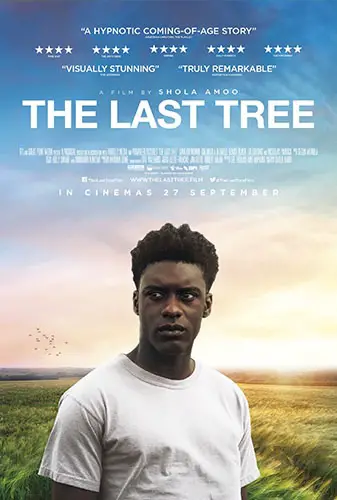
"…choices are forced to be made between two conflicting cultures and backgrounds."
